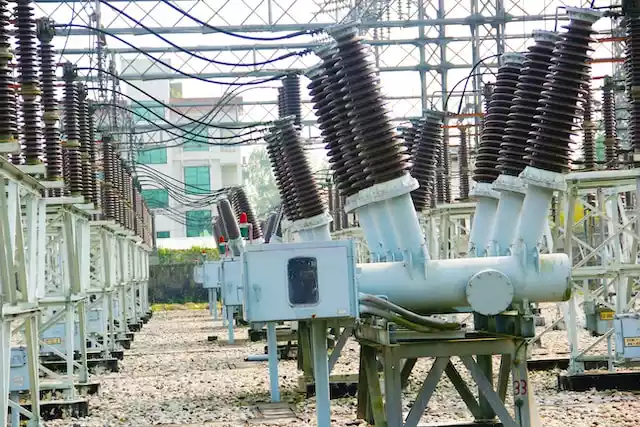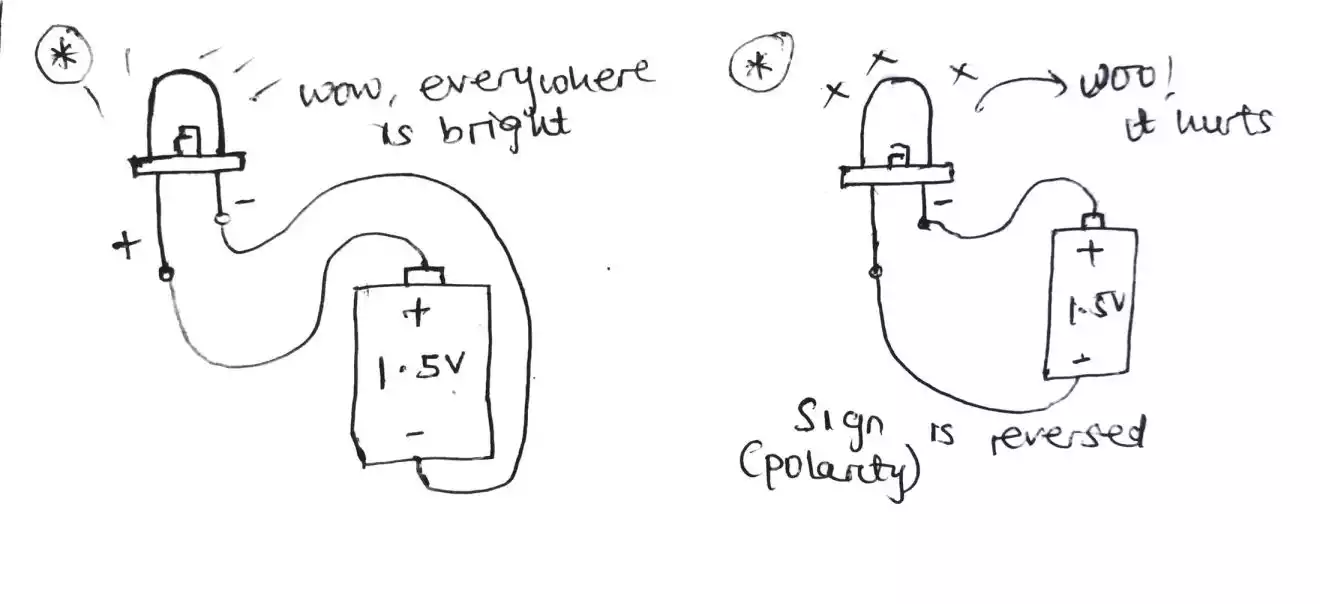Advantages of Electricity (Electrical Energy) Over Other Forms of Energy
Electricity is a form of energy resulting from the movement of charged particles, such as electrons or ions.
It is a fundamental force of nature that is generated by a variety of natural and human-made processes.
It is typically produced by converting other forms of energy, such as mechanical, thermal, or chemical energy, into electrical energy.
This can be done using a variety of technologies, such as generators, batteries, or solar panels.
All in all, electricity is a fundamental form of energy that plays a critical role in modern society.
It powers everything from homes and businesses to transportation and communication systems, and its importance is likely to continue to grow as the world transitions to more sustainable forms of energy.
Advantages of Electricity (Electrical Energy) Over Other Forms of Energy
1. Convenience and Versatility
One of the key advantages of electrical energy is its convenience and versatility. Electrical energy can power a wide range of devices, from small household appliances to large industrial machinery.
Whether it’s lighting up our homes, charging our electronic devices, or driving motors and generators, electricity plays a vital role in our everyday lives.
Its ease of transport and distribution further contribute to its convenience, making it accessible to various sectors and applications.
2. Clean and Environmentally Friendly
Electrical energy is known for its cleanliness and minimal environmental impact.
Unlike fossil fuels, which release greenhouse gases and pollutants when burned, electricity generation can be achieved through renewable energy sources like solar and wind power.
Read on: Difference Between Renewable Energy and Non-Renewable Energy
These sources produce electricity without emitting harmful substances into the atmosphere, making electrical energy a sustainable choice that helps reduce our reliance on fossil fuels and mitigate climate change.
3. High Efficiency
Electrical motors are highly efficient in converting electrical energy into mechanical energy.
This efficiency makes them an ideal choice for powering appliances and machinery. For instance, electric motors can convert approximately 80% of the electrical energy they consume into mechanical energy.
In contrast, gasoline engines typically convert only around 20% of the fuel they burn into mechanical energy.
This high efficiency rate of electrical motors contributes to energy conservation and reduces wastage.
4. Safety Considerations
When handled properly, electrical energy is generally considered safe. However, it is crucial to take precautions to prevent electrical shocks.
Insulation of electrical wires and proper maintenance of electrical appliances are essential for ensuring safety.
By following safety guidelines, such as avoiding contact with uninsulated wires and refraining from using damaged or frayed appliances, the risks associated with electrical energy can be minimized.
5. Reliable Power Supply
Electrical energy provides a reliable power supply that is available 24/7. The design of electrical grids incorporates redundancy, ensuring that if one part of the grid fails, the rest can continue operating seamlessly.
This reliability makes electrical energy suitable for critical applications and ensures uninterrupted power for essential services and infrastructure.
6. Scalability
Electrical energy can be easily scaled up or down to meet specific requirements. Whether it’s powering a small electronic device or a large-scale industrial operation, electrical energy can be flexibly adapted to various applications.
Unlike some other energy sources that require significant infrastructure investments to increase capacity, electrical energy can be readily scaled by plugging devices into existing electrical outlets.
7. Cost-Effective
Electricity is becoming more and more cost-effective as technology improves and the cost of renewable sources continues to decrease.
With the introduction of new technologies such as energy storage systems and smart grids, the price of electricity is expected to continue to decrease, making it a more affordable option for both consumers and businesses.
Wrap Up
Electricity, or electrical energy, offers numerous advantages over other forms of energy.
Its convenience, versatility, cleanliness, high efficiency, and safety considerations make it a compelling choice for powering our modern world.
In addition, electrical energy provides a reliable power supply, scalability, and cost-effectiveness.
As we strive for a sustainable and efficient energy mix, electrical energy is poised to play a crucial role in meeting our evolving energy needs.
You can also read on: Disadvantages of Electrical Energy Over Other Forms of Energy
Frequently Asked Questions (FAQs)
What are the advantages of electrical energy over other forms of energy?
- Electrical energy offers convenience, versatility, and ease of distribution.
- It is clean and environmentally friendly, reducing greenhouse gas emissions.
- Electrical motors are highly efficient in converting energy.
- When handled properly, electrical energy is considered safe.
- It provides a reliable power supply and is scalable and flexible in usage.
Is electrical energy a sustainable choice? Yes, electrical energy can be sustainable when generated from renewable sources like solar and wind power.
These sources have minimal environmental impact and offer a clean and renewable alternative to fossil fuels.How does electrical energy compare to other forms of energy in terms of efficiency? Electrical motors are more efficient than many other types of engines or energy conversion processes.
They can convert a larger proportion of the energy they consume into useful mechanical energy, reducing energy wastage.Can electrical energy be dangerous? While electrical energy can be safe when handled properly, it can pose risks if precautions are not taken.
It is important to follow safety guidelines, such as insulation of wires and proper maintenance of electrical appliances, to minimize the risk of electrical shocks.Is electrical energy available at all times? Yes, electrical energy is available 24 hours a day, 7 days a week. The design of electrical grids ensures a continuous and reliable power supply, even in the event of localized failures.
Can electrical energy be used for different purposes? Yes! Electrical energy can be used to power residential homes, commercial buildings, transportation systems, and various industrial processes.
Its flexibility allows for diverse applications and makes it a versatile form of energy.





